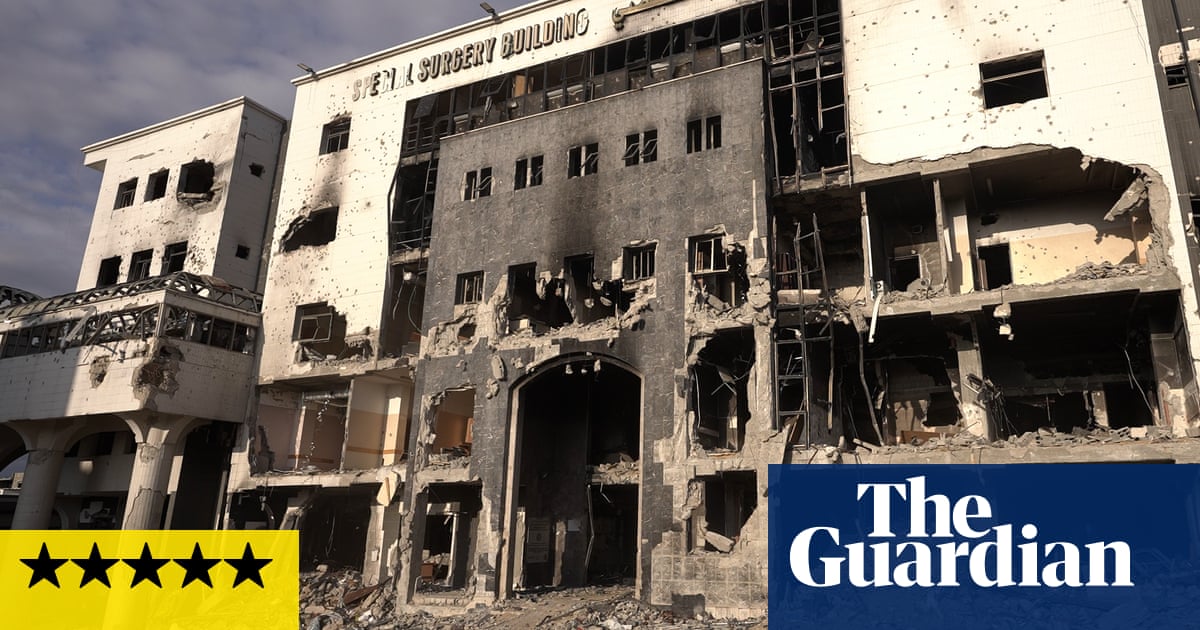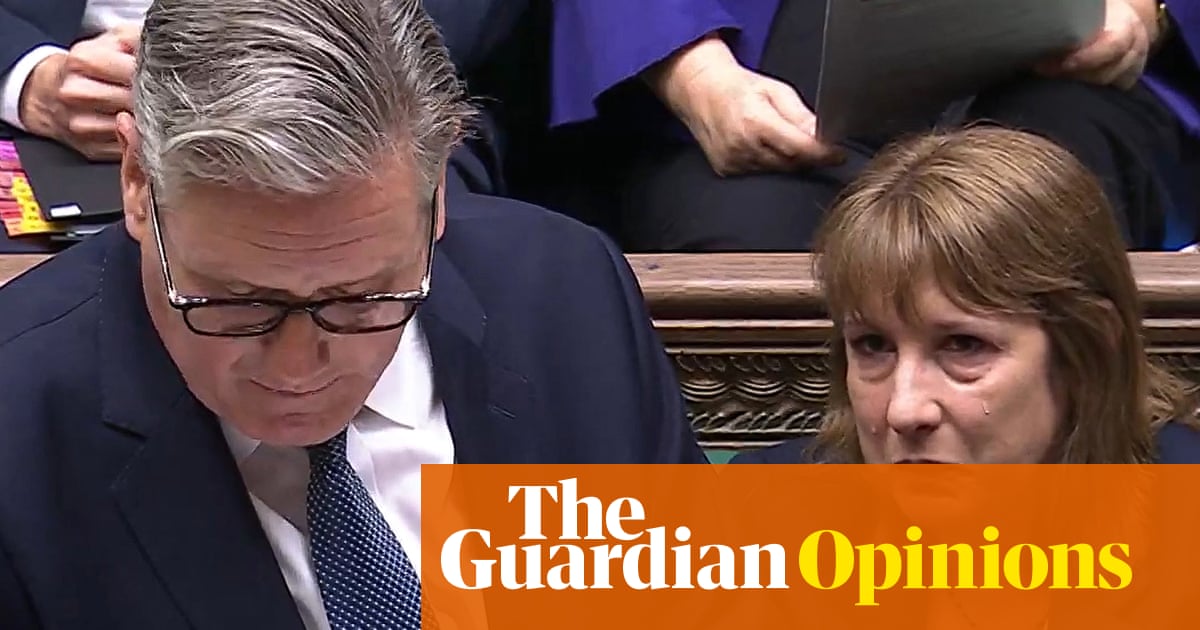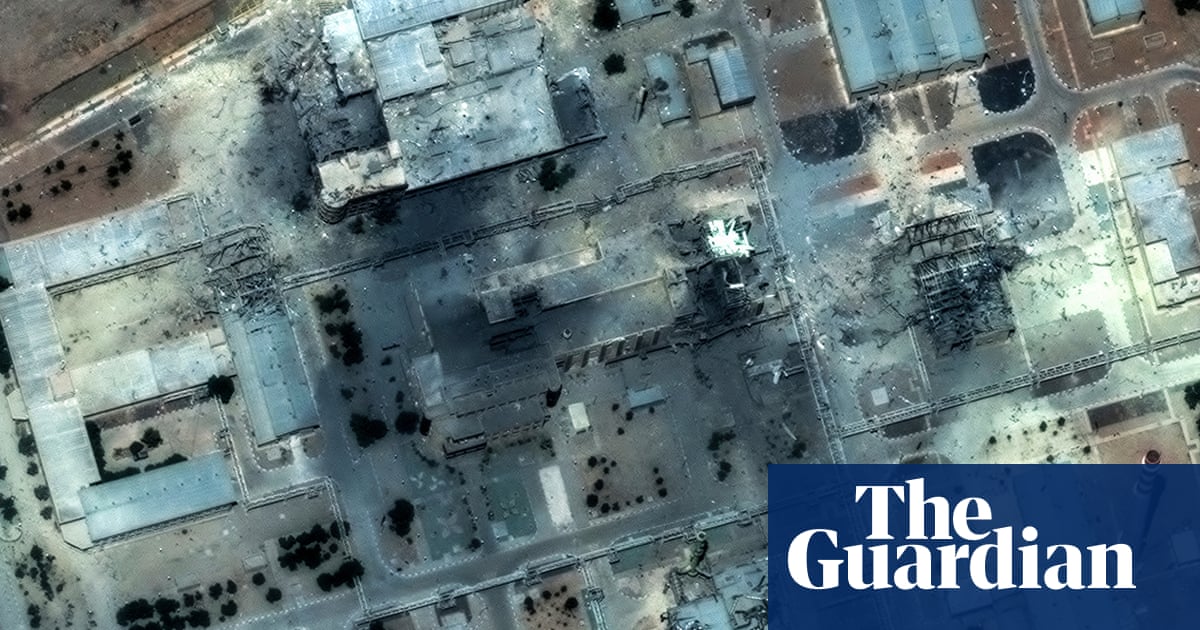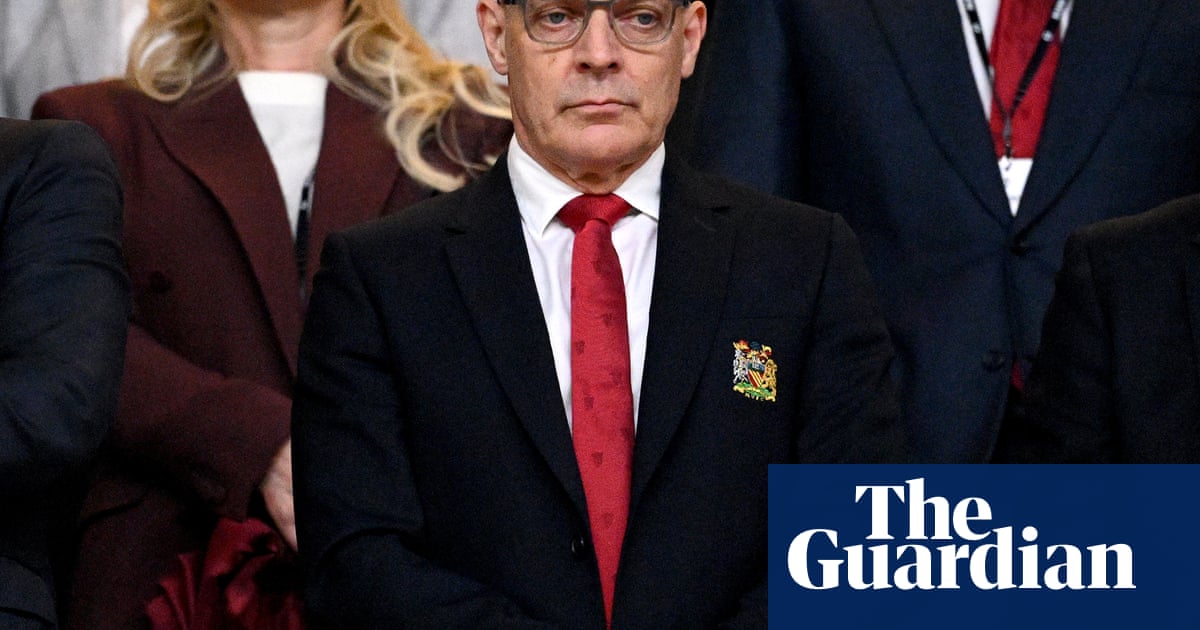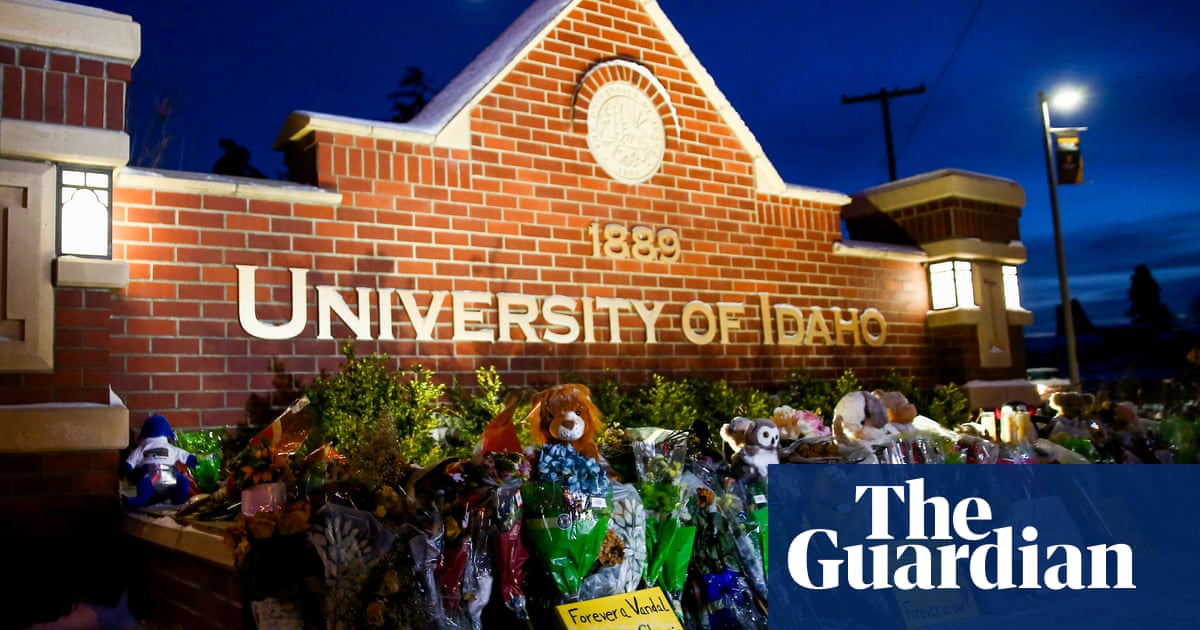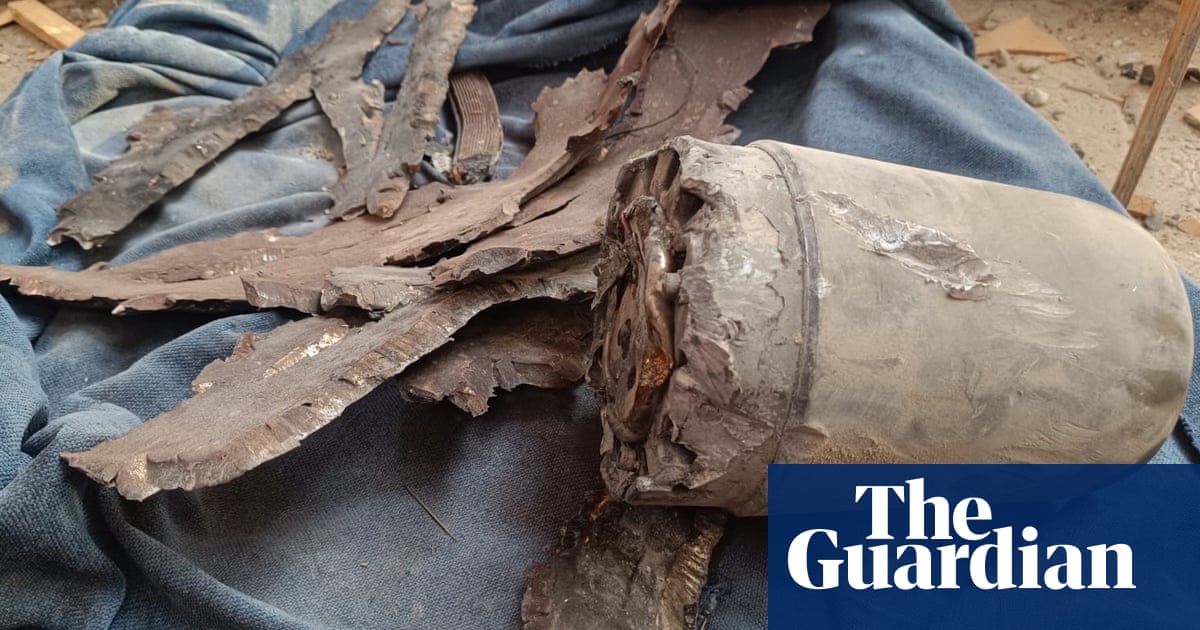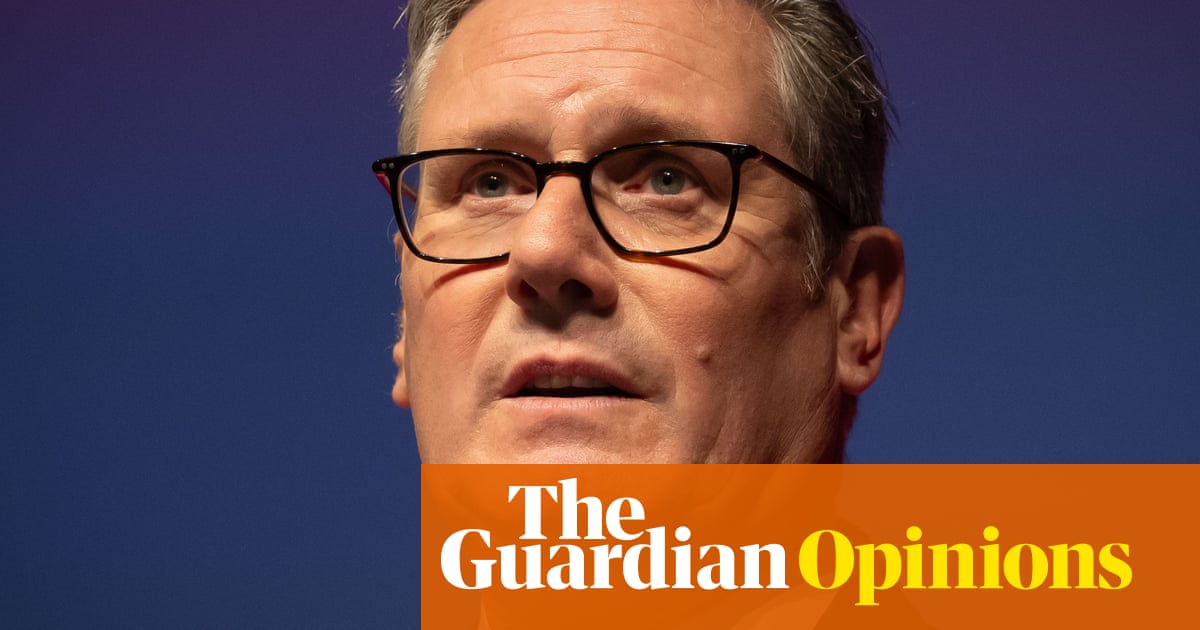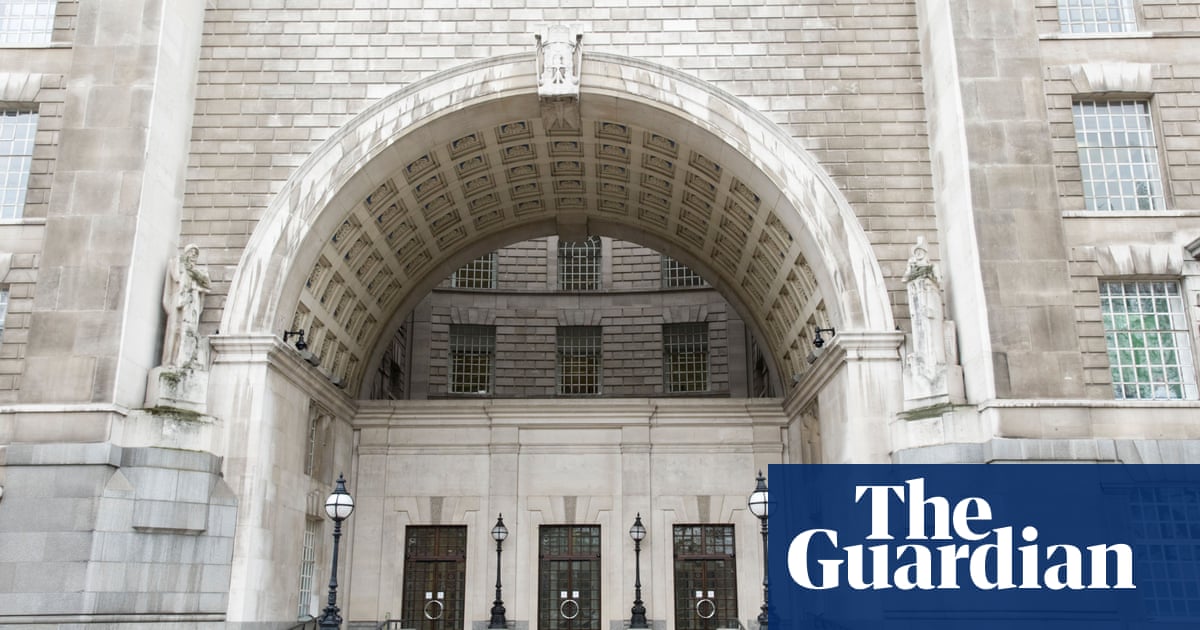More than 400 stars and media figures including Miriam Margolyes, Alexei Sayle, Juliet Stevenson and Mike Leigh have signed a letter to BBC management calling for the removal of a board member, Robbie Gibb, over claims of conflict of interest regarding the Middle East.
The signatories also include 111 BBC journalists and Zawe Ashton, Khalid Abdalla, Shola Mos-Shogbamimu and the historian William Dalrymple, who express “concerns over opaque editorial decisions and censorship at the BBC on the reporting of Israel/Palestine”.
Delivered on the eve of Channel 4’s airing of the documentary Gaza: Doctors Under Attack, which the BBC commissioned but shelved as it said it “risked creating a perception of partiality”, the letter alleges the decision to drop the film “demonstrates, once again, that the BBC is not reporting ‘without fear or favour’ when it comes to Israel”.
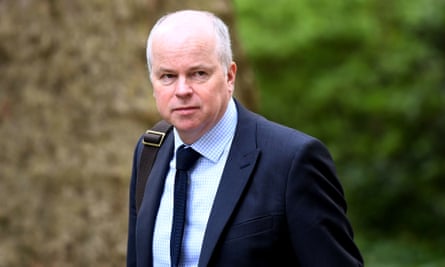
It also accuses the BBC of being “crippled by the fear of being perceived as critical of the Israeli government” and claims the “inconsistent manner in which guidance is applied draws into focus the role of Gibb, on the BBC Board and BBC’s editorial standards committee” as “we are concerned that an individual with close ties to the Jewish Chronicle … has a say in the BBC’s editorial decisions in any capacity, including the decision not to broadcast Gaza: Medics Under Fire”.
Gibb, Theresa May’s former spin doctor and a former head of the BBC’s Westminster political team, led the consortium that bought the Jewish Chronicle in 2020 and, up until August 2024, was a director of Jewish Chronicle Media.
The letter, organised by a group of BBC insiders, says: “For many of us, our efforts have been frustrated by opaque decisions made at senior levels of the BBC without discussion or explanation. Our failures impact audiences.
“As an organisation we have not offered any significant analysis of the UK government’s involvement in the war on Palestinians. We have failed to report on weapons sales or their legal implications. These stories have instead been broken by the BBC’s competitors.”
The statement alleges Gibb has a “conflict of interest” which “highlights a double standard for BBC content makers who have themselves experienced censorship in the name of ‘impartiality’.”
It adds: “In some instances staff have been accused of having an agenda because they have posted news articles critical of the Israeli government on their social media. By comparison, Gibb remains in an influential post with little transparency regarding his decisions despite his ideological leanings being well known. We can no longer ask license fee payers to overlook Gibbs’s ideological allegiances.”
The letter concludes: “We, the undersigned BBC staff, freelancers and industry figures are extremely concerned that the BBC’s reporting on Israel and Palestine continues to fall short of the standards our audiences expect. We believe the role of Robbie Gibb, both on the board, and as part of the editorial standards committee, is untenable. We call on the BBC to do better for our audiences and recommit to our values of impartiality, honesty and reporting without fear or favour.”
Owing to their fear of repercussions, the 111 BBC journalists signed anonymously.
A BBC spokesperson said: “Robust discussions amongst our editorial teams about our journalism are an essential part of the editorial process. We have ongoing discussions about coverage and listen to feedback from staff and we think these conversations are best had internally.
“Regarding our coverage of Gaza, the BBC is fully committed to covering the conflict impartially and has produced powerful coverage from the region. Alongside breaking news, ongoing analysis, and investigations, we have produced award winning documentaries such as Life and Death in Gaza, and Gaza 101.”

 16 hours ago
3
16 hours ago
3

